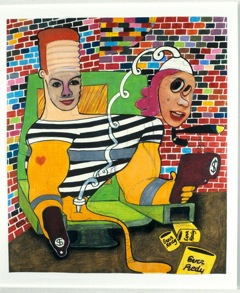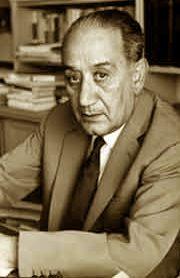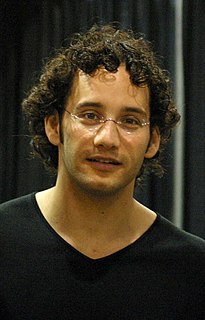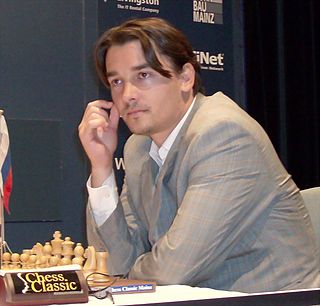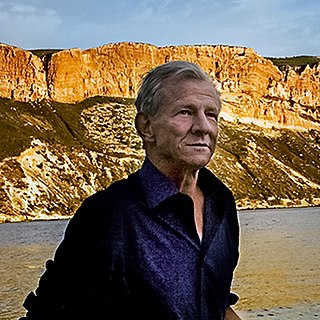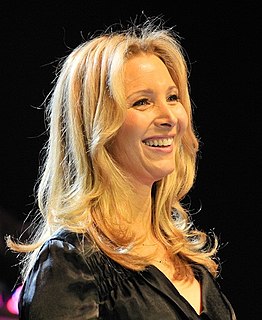A Quote by Garry Kasparov
With this mistake I deprived myself of the possibility to make a contribution to the treasury of chess art.
Quote Topics
Related Quotes
A mistake I've made is I have not worried sufficiently about the art world, really. I have not concerned myself with the other people in the art world. I've been a little too singular, and that's a mistake I've made. But everybody makes a mistake of some kind, and if that's my only mistake, I'm happy.
Every one of us can make a contribution. And quite often we are looking for the big things and forget that, wherever we are, we can make a contribution. Sometimes I tell myself, I may only be planting a tree here, but just imagine what's happening if there are billions of people out there doing something. Just imagine the power of what we can do.


